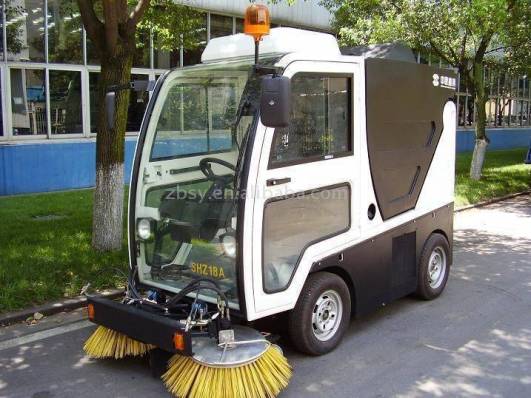What qualities do government employees need to demonstrate?
When you work for a government, in whatever type of job, you are effectively working for the people of the country, who usually pay your wages via taxation. As a result, it's important for government employees to be honest and to take their responsibilities seriously.
Therefore, to answer your question, anything that you can do to prove that you have the above qualities will help. For example, you should try to be straightforward in your dealings with people, and to treat taxpayers' money with care.
In your question, you don't say what type of government work you are interested in, which makes it a little difficult to be specific with my advice. Most governments employ many different people, in a wide variety of roles.
For example, roadsweepers are usually government employees (employed by local government).

So, too, are judges - amongst many other professions.

There are a vast number of other roles that government employees (or civil servants) carry out, as well - from planning our towns and cities, to providing a country's social services.
However, there are some general skills which it's important for anyone who works in a large government organisation to possess.
Being aware of these skills, and what they involve, may help to work out how you could show an employer that you possess these skills yourself.
Skills needed to work as a government employee include:
- Negotiation skills. There is a good chance that you will either work with the general public, but - even if you don't - government agencies are large organisations with a lot of employees, and so the ability to get on with people from all walks of life is usually important.
- Courtesy. Being polite to people costs nothing, and can help to earn you the respect of your colleagues, as well as the people you serve.
- Patience. This is a skill that everyone needs, but is especially important in large organisations, where things can take a very long time indeed!
- Tolerance - which you may have meant by "justness" - is vital. You may work with, or serve people who have different beliefs or customs to you, and it is vital to respect their beliefs and practices, even if you don't share them.
- Empathy. Being able to understand other people's feelings is a great skill, and makes you more able to be tolerant of their behaviour, and to help them more effectively. It also makes you a more popular member of a team, and helps to smooth relationships with the public.
- Listening skills. These are crucial, as it is only by listening, that we can understand, and then take effective action. Active listening (including making eye contact) is particularly important, as research shows that people who feel that others aren't listening to them can get angry and frustrated very quickly.
- Open-mindedness. In large organisations, your colleagues will have different habits and ways of working from your own - as well as different opinions, which is also true of members of the public. You don't always have to agree with people, but showing them respect by taking their opinions seriously, can only help to make you valued by your employer, colleagues and the general public.
If you want to be able to demonstrate the above skills, either in the workplace or in an interview, it should now be clear how you might go about doing that.
I'd also suggest that you be as honest and direct as possible in your dealings with people, and don't say things that you don't mean. For example, don't offer to do something for your boss or a colleague, and then forget to do it.
A sense of humour is also a great asset in many government jobs, especially the more stressful ones!
Of course, there are also practical skills that many government employees will need, but these can vary from job to job.
In a lot of government offices, these practical skills would be likely to include such things as literacy and administration, along with varying degrees of computer literacy.